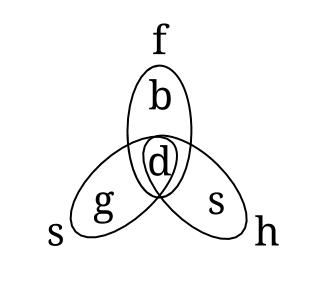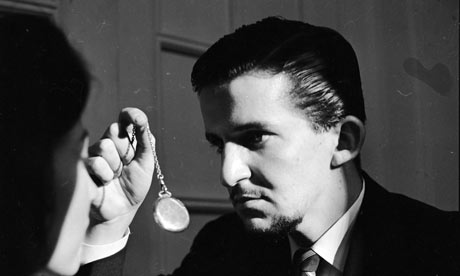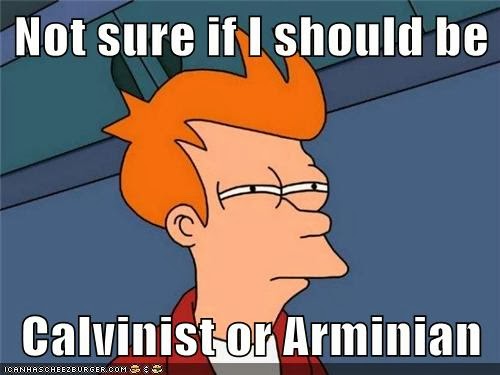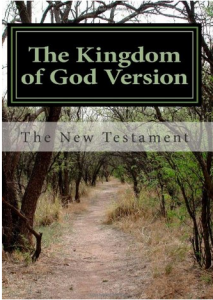Tim Pawl: a God-man is possible
Catholic analytic philosopher Tim Pawl (University of St. Thomas, in Minnesota) argues that this is logically consistent: Jesus has both a divine and a human nature.
His answer is challenged by another talented young Catholic philosopher, Tomas Bogardus, of Pepperdine University. With their permission, I’ve reposted their dialogue from Facebook. I thought it deserved a wider audience.
From that same thread, I learned that Dr. Pawl is working on a book on the metaphysics of the Christology that comes from the “ecumenical” councils. I’ve thought and taught a good bit about those in recent years, and plan to discuss them in upcoming podcasts, so I look forward to seeing this book, and the discussion it will generate.
Which is mightier – this beard or this one?
You decide. I’ll weigh in with a comment later.
Here, unedited but for the addition of a few explanatory links (and a gratuitous picture), is their dialogue:Read More »Tim Pawl: a God-man is possible


















 I think I’ve met only two people who have translated the whole New Testament from the original Koine Greek to some modern language. One was an American evangelical missionary, who’d translated the New Testament into some obscure tribal language from South America. The other was the Englishman Ray Faircloth, who runs the
I think I’ve met only two people who have translated the whole New Testament from the original Koine Greek to some modern language. One was an American evangelical missionary, who’d translated the New Testament into some obscure tribal language from South America. The other was the Englishman Ray Faircloth, who runs the 
